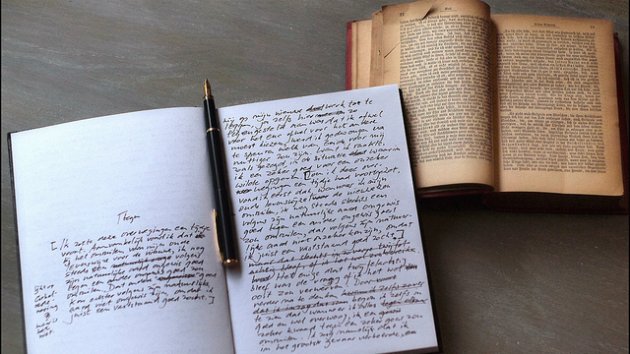Nina Sankovitch
I’ve been shamed. I recently received an email from a reader who complimented me on my reading of authors from around the world. But then she admonished me for not recognizing just who made it possible for me to read all those wonderful books and get to know all those great writers: the literary translators. “We labor in obscurity,” she wrote, being a translator herself, and she is right. Rare is the book cover that acknowledges a translator (their names are reserved for the title page and for copyright information) and I myself, a voracious reader who could name hundreds of writers, could reel off the names of only a few translators and only if pressed to do so.
But now I am here to make things right. I will go back through all my hundreds of reviews of the past three-plus years and make sure that the translators of each foreign tome are acknowledged for their hard — and largely hidden — work. Just in the past few weeks I read Parasite Eve by Hideaki Sena, translated from Japanese to English by Tyran Grillo; My Berlin Child by Anne Wiazemsky, translated from French to English by Alison Anderson (who has translated — and in doing so allowed me to read and enjoy — so many great books, including The Elegance of the Hedgehog by Muriel Barbery, The Palestinian Lover by Selim Nassib, and A Novel Bookstore by Laurence Cossé); and The Shadow of What We Were by Luis Sepulveda, translated from the Spanish to English by Howard Curtis.
What translators achieve through their hard work, done in obscurity and anonymity, is enlightenment and lucidity and understanding. Literary translators break down borders of unknown languages, allowing us to enter at will into worlds that are new in setting, landscape, and atmosphere, and yet familiar in the explored experiences of love, loyalty, duty, humor, deceit, betrayal, fear, despair, and resilience. The world is amplified for me: through reading these translated works I come to know new corners and spaces of the occupied planet. But at the same time, the world becomes a more intimate place, as I discover that my experiences of living have been replicated many times, in all those faraway corners and spaces and rooms around the world and back again.
Thank you, translators, for clearing the way for me to explore new places populated by foreigners speaking in unknown tongues; by making their language clear and their places are known, you’ve allowed me the pleasures of escape and discovery, but even more, you’ve given me a greater understanding of our common and shared humanity. With borders broken down and empathy ignited, the potential for global unity grows. Translators work to make anything possible. I thank you for all the possibilities.
This post was cross-posted on www.readallday.org




